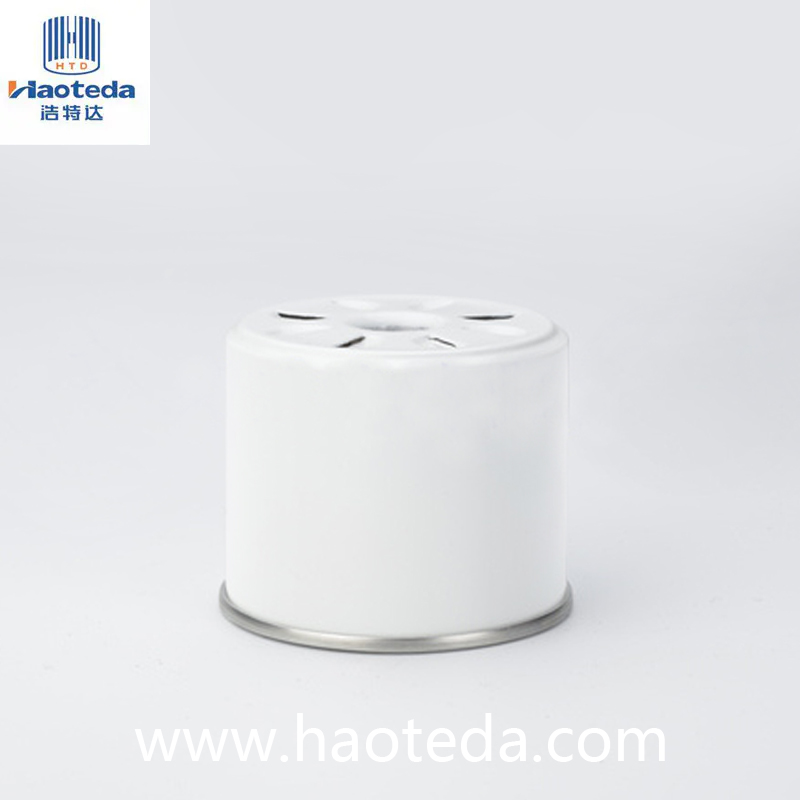In the intricate dance of an engine's internal combustion, even the smallest component plays a crucial role. Among these unsung heroes is the fuel filter, a guardian against the onslaught of contaminants that threaten the heart of your vehicle. Yet, in its silent vigil, the fuel filter can sometimes become the very source of vehicular woes, particularly when it comes to starting problems.
Understanding the Fuel Filter:
Before we embark on our quest for answers, let us first understand the fuel filter's purpose. Positioned along the fuel line, the fuel filter serves as a gatekeeper, diligently sieving out impurities such as dirt, rust particles, and debris from the fuel before it reaches the engine. This filtration process is vital, as even the tiniest contaminants can wreak havoc on the engine's delicate internals, causing untold damage and compromising performance.

The Role of Fuel Flow:
Central to the operation of any internal combustion engine is the seamless flow of fuel from the tank to the combustion chambers. Herein lies the crux of the matter: when a fuel filter becomes clogged or obstructed due to the accumulation of contaminants, it hinders the free flow of fuel. This restriction manifests as a bottleneck in the fuel delivery system, resulting in insufficient fuel reaching the engine, especially during startup.
The Starting Conundrum:
Picture this: you turn the key, anticipation coursing through your veins, only to be met with the disheartening sound of an engine struggling to come to life. This frustrating scenario is often indicative of a faulty fuel filter. When the filter is clogged, it impedes the flow of fuel to the engine, depriving it of the necessary fuel-air mixture required for combustion. Consequently, the engine may struggle to start or fail to start altogether, leaving you stranded in a sea of frustration.
Symptoms of a Clogged Fuel Filter:
Identifying a faulty fuel filter amidst the myriad of potential culprits can be a daunting task. However, there are telltale signs that may hint at the filter's culpability. Among these symptoms are prolonged cranking times during startup, difficulty starting the engine, intermittent stalling or rough idling, and a noticeable decrease in engine performance and fuel efficiency.
Prevention and Resolution:
As with any automotive malady, prevention is often the best cure. Regular maintenance, including the periodic replacement of the fuel filter according to the manufacturer's recommendations, is paramount in ensuring optimal engine performance and longevity. Additionally, staying vigilant for signs of a clogged fuel filter and addressing them promptly can help avert potential starting problems and more severe engine damage down the road.
 English
English
 English
English Español
Español Français
Français
 +86-139-6774-0263
+86-139-6774-0263









